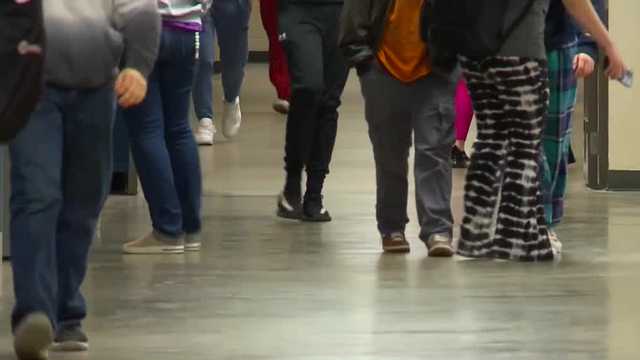Science Under Siege: Iowa Lawmakers Seek to Erase Climate and Evolution from Classroom Curriculum

A wave of controversy is sweeping across Iowa as educators and parents express growing unease about proposed changes to the state's science curriculum standards. The latest draft has sparked heated debate, with critics arguing that critical scientific concepts are being systematically diluted.
At the heart of the controversy are two significant modifications: the strategic replacement of "climate change" with the more neutral term "climate trends," and the complete removal of language discussing human contributions to environmental shifts. These alterations have raised alarm among scientific professionals who believe the changes could potentially mislead students about the complex realities of global environmental dynamics.
Furthermore, the proposed standards have taken an additional step that has scientific educators particularly concerned. While maintaining a framework for understanding biological transformation over extended periods, the word "evolution" has been conspicuously eliminated from the documentation, potentially undermining comprehensive scientific education.
The proposed revisions have ignited passionate discussions about academic integrity, scientific literacy, and the importance of presenting students with comprehensive, evidence-based scientific knowledge. Educators, researchers, and concerned citizens are closely monitoring these developments, emphasizing the critical need for transparent and scientifically rigorous educational standards.

